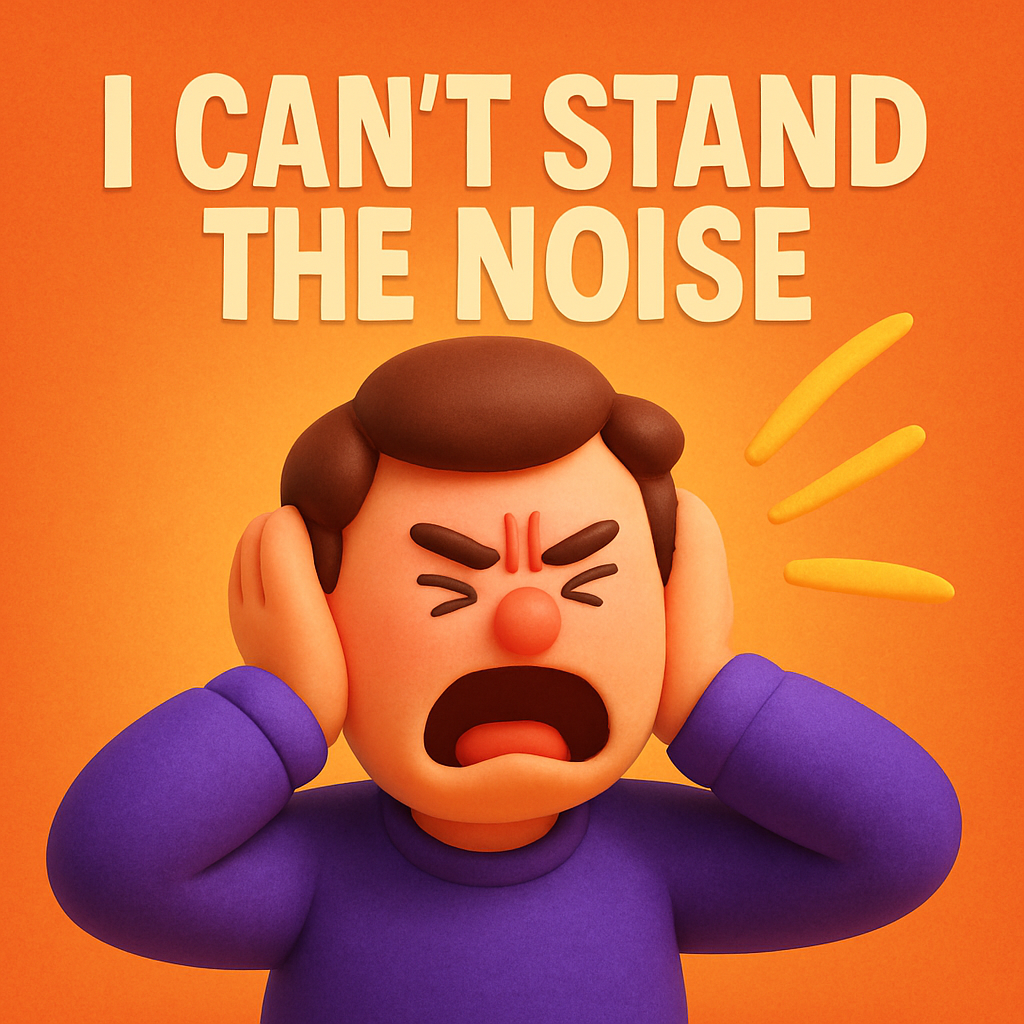Stand
Definition
The term "stand" refers to maintaining an upright position, a structure or object used to hold something, or a stance or position taken on an issue.
Parts of Speech
- Verb
- Noun
Pronunciation
American English
- IPA Pronunciation: /stænd/
- Respelling: STAND
British English
- IPA Pronunciation: /stænd/
- Respelling: STAND
Etymology
The word "stand" originates from Old English "standan," which derives from Proto-Germanic "standan" and Proto-Indo-European "steh-," meaning "to stand or be upright." Its usage has expanded to include both physical and metaphorical meanings.
Derivatives
- Standing (noun/adjective)
- Standstill (noun)
- Standpoint (noun)
- Standee (noun)
- Overstand (verb)
Synonyms
- Position
- Posture
- Support
Antonyms
- Sit
- Lie
- Collapse
Usage
The term "stand" is versatile, describing physical actions, objects, and metaphorical stances. For example: "Please stand during the national anthem," or "She took a stand on the issue of climate change."
Related Terms
- Upright: Maintaining a vertical position.
- Stance: A position or attitude taken on an issue.
- Platform: A raised surface or a figurative position for expressing views.
Detailed Definitions
Verb
- To maintain an upright position: Refers to being in a vertical posture on one’s feet.
- Example: "He stands at the edge of the cliff."
- To tolerate or endure: Refers to the ability to bear or put up with something.
- Example: "I can’t stand the noise."
- To remain in a particular state: Refers to being in a specified condition or position.
- Example: "The house stands empty."
Noun
- A structure or object used to hold something: Refers to a base or support for items such as a microphone or a display.
- Example: "The lamp is placed on a sturdy stand."
- A position or stance: Refers to a perspective or opinion on an issue.
- Example: "She took a firm stand on equality."
- A seating area for spectators: Refers to a section for viewers, typically in a stadium or arena.
- Example: "The fans cheered from the stands."
stand



🇨🇳 Mandarin (Chinese)
- 站立 (Stand as a verb)
- IPA Pronunciation: /ʈ͡ʂan˥˥ li˥˩/
- English Respelling: zhàn lì
- 摊位 (Stand as a noun)
- IPA Pronunciation: /tʰan˨˩˦ wɐi̯˥˥/
- English Respelling: tān wèi
🇮🇳 Hindi
- खड़ा होना (Stand as a verb)
- IPA Pronunciation: /kʰəɽaː ɦoːnaː/
- English Respelling: khara hona
- दुकान (Stand as a noun)
- IPA Pronunciation: /d̪ʊkaːn/
- English Respelling: dukaan
🇪🇸 Spanish
- Pararse (Stand as a verb)
- IPA Pronunciation: /paˈɾarse/
- English Respelling: pa-rar-se
- Puesto (Stand as a noun)
- IPA Pronunciation: /ˈpwesto/
- English Respelling: pwe-sto
🇫🇷 French
- Se tenir debout (Stand as a verb)
- IPA Pronunciation: /sə tə.niʁ də.bu/
- English Respelling: suh te-neer de-bou
- Stand (Stand as a noun)
- IPA Pronunciation: /stɑ̃d/
- English Respelling: stand
🇸🇦 Modern Standard Arabic
- يقف (Stand as a verb)
- IPA Pronunciation: /jaqif/
- English Respelling: yaqif
- كشك (Stand as a noun)
- IPA Pronunciation: /kʊʃk/
- English Respelling: kushk
🇧🇩 Bengali
- দাঁড়ানো (Stand as a verb)
- IPA Pronunciation: /d̪aɽano/
- English Respelling: darrano
- স্টল (Stand as a noun)
- IPA Pronunciation: /sʈol/
- English Respelling: stol
🇷🇺 Russian
- Стоять (Stand as a verb)
- IPA Pronunciation: /ˈs̪tojɪt̪/
- English Respelling: stoyit
- Стенд (Stand as a noun)
- IPA Pronunciation: /stɛnd/
- English Respelling: stend
🇵🇹 Portuguese
- Ficar de pé (Stand as a verb)
- IPA Pronunciation: /fiˈkaɾ dɨ ˈpe/
- English Respelling: fee-car deh peh
- Estande (Stand as a noun)
- IPA Pronunciation: /esˈtɐ̃dʒi/
- English Respelling: es-tan-ji
🇮🇩 Indonesian
- Berdiri (Stand as a verb)
- IPA Pronunciation: /bərˈdiri/
- English Respelling: ber-dee-ree
- Stan (Stand as a noun)
- IPA Pronunciation: /stʌn/
- English Respelling: stun
🇩🇪 German
- Stehen (Stand as a verb)
- IPA Pronunciation: /ˈʃteːən/
- English Respelling: shtehn
- Stand (Stand as a noun)
- IPA Pronunciation: /ʃtant/
- English Respelling: shtant
🇯🇵 Japanese
- 立つ (Stand as a verb)
- IPA Pronunciation: /ta.tɕɯ̥ː/
- English Respelling: tatsu
- スタンド (Stand as a noun)
- IPA Pronunciation: /sɯ̥ːta.ndo/
- English Respelling: sūtando
🇻🇳 Vietnamese
- Đứng (Stand as a verb)
- IPA Pronunciation: /ɗʊŋ˧ˀ˨ʔ/
- English Respelling: dung
- Gian hàng (Stand as a noun)
- IPA Pronunciation: /zɪən˨˩˦ haːŋ˧/
- English Respelling: gian hang
🇰🇷 Korean
- 서다 (Stand as a verb)
- IPA Pronunciation: /sʰʌ.da̠/
- English Respelling: seo-da
- 부스 (Stand as a noun)
- IPA Pronunciation: /pusʰu/
- English Respelling: bu-su
🇹🇷 Turkish
- Ayakta durmak (Stand as a verb)
- IPA Pronunciation: /ajakta duɾmak/
- English Respelling: ayakta durmak
- Stand (Stand as a noun)
- IPA Pronunciation: /stand/
- English Respelling: stand
🇵🇰 Urdu
- کھڑے ہونا (Stand as a verb)
- IPA Pronunciation: /kʰɽeː ɦonaː/
- English Respelling: khare hona
- سٹال (Stand as a noun)
- IPA Pronunciation: /sʈɑːl/
- English Respelling: stall





